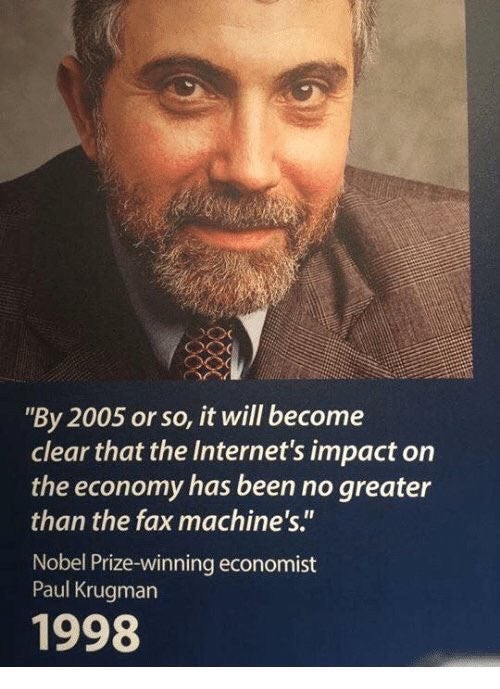Japanese researches looked into a recent Tesla Model 3. Their analysis has some interesting findings over traditional car manufacturing methods. In particular when it comes to electronics, “ECUs” how they’re called in the automotive world, “Electronical Control Units” A regular Toyota or European car relies on dozens or more of these to make the car work.
However, research found that Tesla really only relies on one central component to take care of both autonomous driving and the entertainment part.
Self-driving AI sends shivers through traditional supply chains
From the article
This actually is big news, because it indicates Tesla has chosen to develop core technology in house, becoming (more) independent of supply chains. As of this writing, Tesla produces a fraction of what VW and Toyota output. To achieve the scale, automotive Industries traditionally groomed a rich ecosystem of suppliers, to form the entire value chain.
Automakers worry that […] will render obsolete the parts supply chains they have cultivated over decades, […]
From the article
However, it appears Tesla has an substantial competitive through this supplier independence. All of the above worry aside, Automakers will have to invest their capacity and headcount to catch up with this assumed advantage of 6 years.
Source: Nikkei Asian Review






